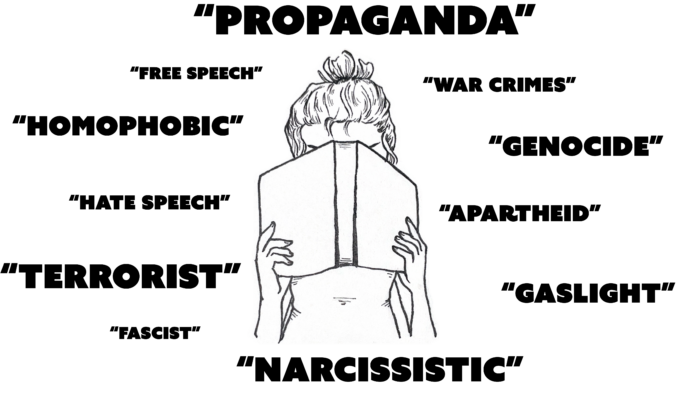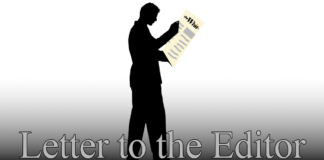
In the era of heightened social awareness and digital activism, there has been a noticeable surge in the adoption of academic words into everyday language. While the goal of this linguistic growth is to provide people with a more complex vocabulary, a worrying trend has emerged: the transformation of once-important concepts into empty buzzwords. This shift is particularly evident among young performative political activists, who in their zeal for change, risk diluting the significance of crucial concepts.
One good example of this language phenomenon is the term “gaslight.” Originally based on the psychological manipulation depicted in the play and film “Gas Light,” the term has undergone substantial evolution in recent years. While it originally addressed a specific type of manipulation, it has since become a catch-all phrase in internet debate for all forms of dishonesty. The risk stems from its overuse, as instances of basic lying or harsh behavior are frequently characterized as “gaslighting,” diminishing the term’s weight.
Similarly, the term “racist” has evolved in modern discourse, gaining traction in conversations about institutional racism and discrimination. However, its metamorphosis into a catchphrase has sparked disagreements over its precise definition and applicability. Acts that may not inherently be racist are hastily labeled as such, raising questions about the accuracy and impact of the term in public discourse. A good example of this is the Central Park bird-watching incident in May 2020.
In the context of gender equality, the term “misogynist” has the same fate. Originally used to describe hostility or prejudice against women, it has since broadened to include subtle biases that contribute to gender discrimination. However, its popularity as a catchphrase has raised questions regarding its proper application. Instances in which the phrase is used without adequate context or reason risk reducing its effectiveness and harming the fight against true gender discrimination. Engaging in derogatory remarks or acts of violence against women is reprehensible. It’s crucial to understand, though, that not all situations between a male offender and a female victim can be categorized as misogynistic.
There are hundreds of other examples of this happening and a variety of variables contribute to these terms’ prominence as buzzwords. Whenever there is an increase in political debate (regardless of the problem), it is always followed by a list of jargon that is butchered and misused by people who do not comprehend its weight and significance. Examples of similar words used in recent discourse include “genocide,” “war crimes,” “terrorism,” and so on. The growth of social movements addressing mental health, racial justice, war, and gender equality has catapulted these concepts into public discourse. Social media sites accelerate their adoption, transforming them into buzzwords. Debates and conflicts about these phrases also have a role, drawing attention away from their original meanings and prompting debates over their interpretation and their use.
Using terminology that you are genuinely unfamiliar with and instances where it does not apply, weakens your case and gives the impression that you are ignorant.
Speech may be a weapon of power and words are the instruments. Advocates and activists must consider the implications of this linguistic shift. While the purpose is to raise awareness and encourage change, the overuse and misuse of academic concepts as buzzwords risk diluting their effectiveness. Striking a balance between developing a large vocabulary and maintaining the weight of these concepts is critical for effective communication and meaningful development in social and political debate.
For comments/questions about this story DM us on Instagram @thewhitatrowan or email thewhit.opinion@gmail.com





